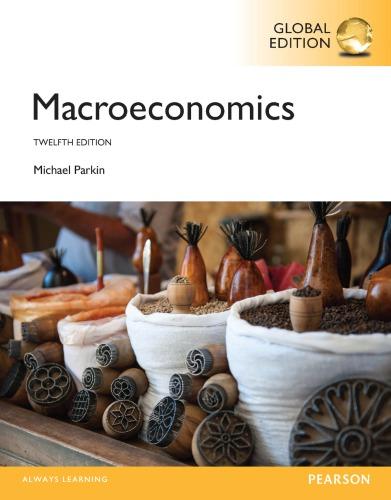Totally Gross GDP has proved useful in tracking both shortterm fluctuations and longrun growth. Which isnt to
Question:
Totally Gross GDP has proved useful in tracking both shortterm fluctuations and longrun growth. Which isn’t to say GDP doesn’t miss some things.
Amartya Sen, at Harvard, helped create the United Nations’ Human Development Index, which combines health and education data with per capita GDP to give a better measure of the wealth of nations. Joseph Stiglitz, at Columbia, advocates a “green net national product” that takes into account the depletion of natural resources.
Others want to include happiness in the measure.
These alternative benchmarks have merit but can they be measured with anything like the frequency, reliability, and impartiality of GDP?
Source: Time, April 21, 2008
a. Explain the factors that the news clip identifies as limiting the usefulness of GDP as a measure of economic welfare.
b. What are the challenges involved in trying to incorporate measurements of those factors in an effort to better measure economic welfare?
c. What does the ranking of the United States in the Human Development Index imply about the levels of health and education relative to other nations?
Step by Step Answer:







